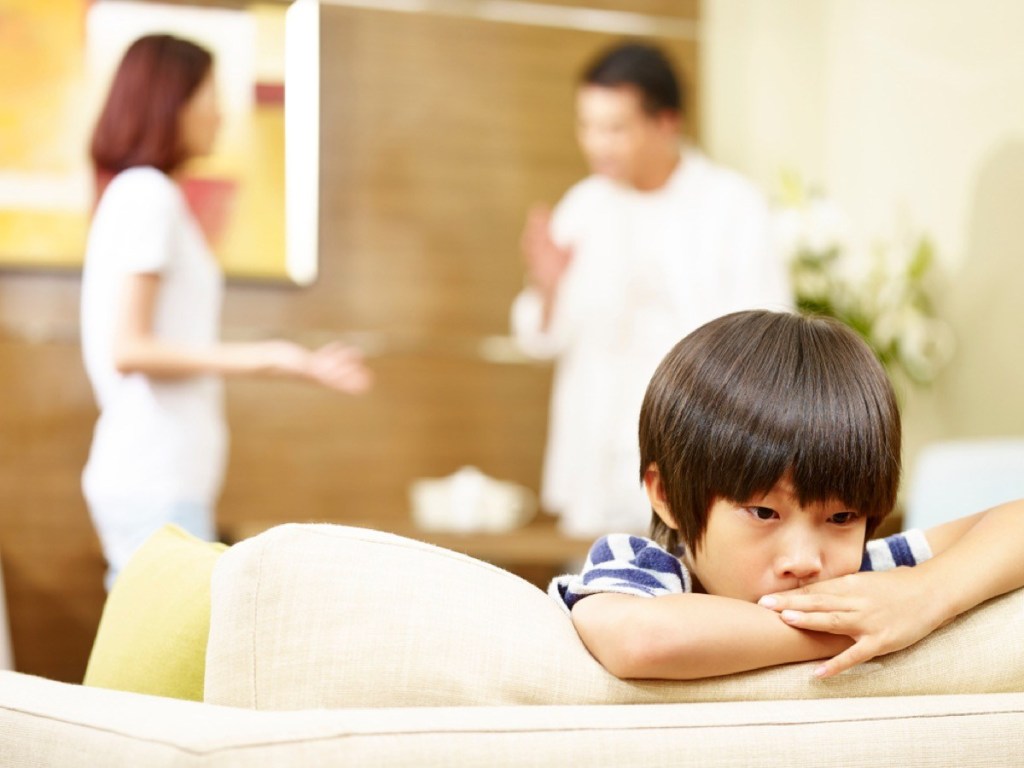Divorce isn’t easy on anyone. Separating from your spouse is hard enough, and it can be even more upsetting if you’re embroiled in a child support custody debate.
The divorce process is hard, but cultural and language barriers make it even more challenging. As the premier Chinese family attorney in Boston, Hu Law has years of experience in family law that’s tailored to our clients’ unique cultural needs. Don’t leave your custody agreement up to chance—get informed about the Massachusetts child custody process and how you can protect your interests.
What does “custody” mean in Massachusetts?
You’ll likely work with the Massachusetts Probate and Family Court for child custody. “Custody” refers to an agreement that outlines which parent makes legal decisions for the child, how often each parent sees the child, and child support.
Normally custody is decided as part of the divorce agreement. If you and your spouse can’t agree on child custody, the judge will decide for you.
As far as custody arrangements, there are 4 types of custody in Massachusetts.
- Sole legal custody: This is when one parent has the right to make all legal decisions for the child until they turn 18.
- Shared legal custody: Both parents have a say in decisions about the child.
- Sole physical custody: The child will live with one parent. Unless there’s evidence of abuse, the child will have parenting time with the non-custodial parent.
- Shared physical custody: This is the most common custody agreement in Massachusetts. It’s when the child splits their time living with each parent, so they get regular contact with both parents.
You don’t have to ask the court to draft an agreement, either. Either parent can draft an agreement and ask the court to review it. The judge will take a look and decide if the plan is in your child’s best interests.
Custody versus parenting time
In Massachusetts, there’s a difference between custody and parenting time. Custody is when the child lives with you; parenting time is when the child visits you for a set period of time, but doesn’t live with you.
Parenting time is allowed when one parent has sole custody. The judge will decide how often, where, and how long parenting time can be. They will also decide if this parenting time can be unsupervised, like letting the child spend the weekend with one parent, or supervised, where the parent can only visit the child in the presence of a third-party.
The judge will decide if parenting time is in the child’s best interest. If there’s a history of abuse, they may not allow the abusive parent to have any contact with the child.
Hire the best Chinese Family Attorney in Boston
Child custody is often the most upsetting and stressful part of a divorce. Use this guide to better understand the Massachusetts legal process so you can know your rights. You can consult the Massachusetts state child custody site for more information.
When in doubt, get in touch with Hu Law. We offer bilingual legal help to Boston’s Chinese and Taiwanese communities. If you want legal help from someone who understands your culture, hire Hu Law as your Chinese family attorney in Boston.




